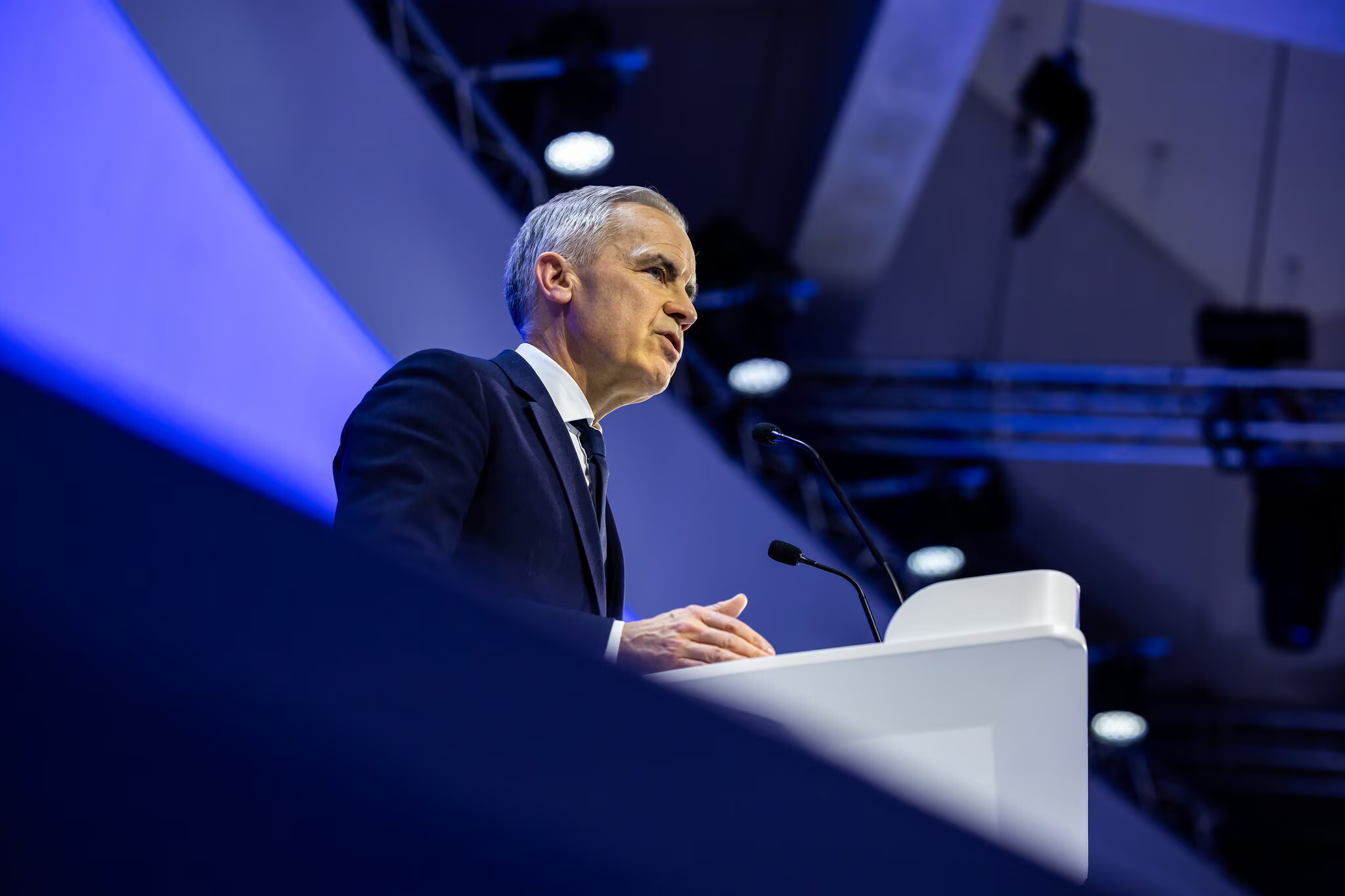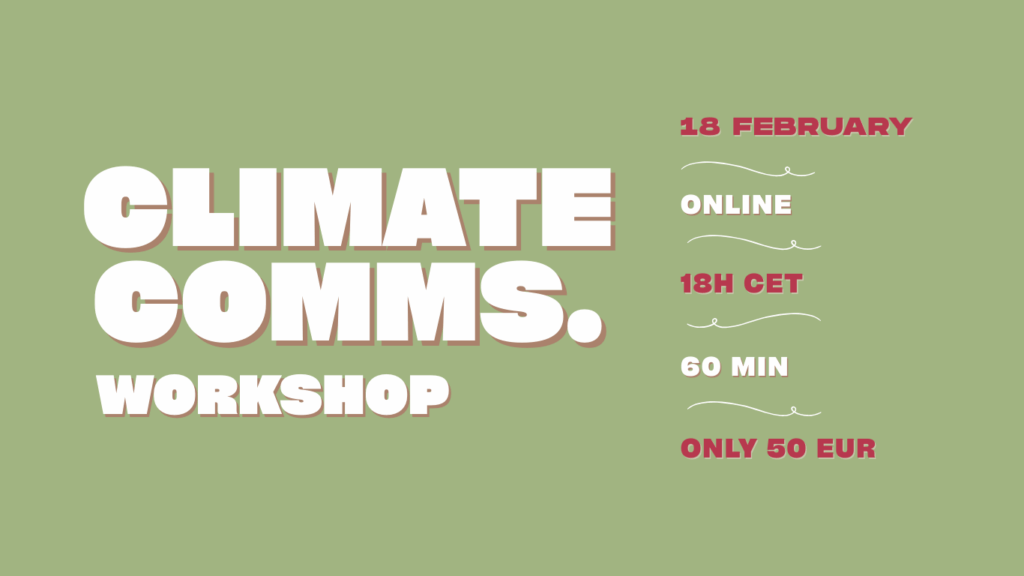How to adapt communication in the face of risks?
On the eve of its Davos Forum, the Swiss resort where the economic and political elite gather every year, the organisers, the World Economic Forum (WEF), have just published their Global Risks 2025 report; the result of a survey of executives from around the world on the threats to our immediate and long-term future.
Among the most pressing risks are armed conflicts between states, extreme weather events, and the proliferation of misinformation. For those of us in sustainability and climate change communications, the findings offer crucial lessons on how to address and communicate about these challenges.
Of greatest concern, according to the Global Risks Report 2025, is the following
1. Armed conflict: A call for peace and cooperation
The report identifies armed conflict between states as the most immediate risk for 2025, reflecting increasing geopolitical fragmentation.
This reality underscores the importance of promoting narratives that foster peace, international cooperation and the peaceful resolution of disputes. As communicators, we must emphasise how global stability is essential to effectively address environmental challenges and ensure sustainable development.
2. Extreme weather events: The urgency of climate action
Extreme weather events remain a major long-term concern, ranking first on the ten-year horizon.
This reinforces the need to urgently communicate the importance of climate action, biodiversity protection and the fight against pollution. We must highlight how the transition to renewable energy, the adoption of sustainable policies and the protection and restoration of nature can mitigate these risks and build more resilient communities.
3. Disinformation: Safeguarding the truth
Disinformation is identified as the most severe short-term risk, threatening social cohesion and trust in institutions.
In our work, it is essential to promote transparent communication, based on facts and backed by scientific evidence. We must educate the public on how to identify trusted sources and encourage critical thinking to counter the spread of false information that can hamper sustainability efforts.
Integrating risk into communication
The report highlights the interconnectedness of environmental, geopolitical and social risks. As communicators, it is essential to take a holistic approach that reflects this complexity. Our narratives must show how sustainable solutions not only address climate change, but also promote peace, social justice and economic development.
Inspiring collective action
In addition to transparent and honest reporting, the mission of communicators is to inspire action. One way to do this is by showing the causes of problems but also how to solve them, by sharing success stories and testimonies of people and communities whose lives are being improved by such positive action.
It is important to motivate people beyond like, attention or sharing; it is important to communicate in a way that adds value and encourages recipients to actively participate in building a sustainable, safe and just future.
To learn more about the World Economic Fund’s risk report click here, and to find out what 10 Billion Solutions is doing along these lines, read our recent article where we announced our goals for 2025.




